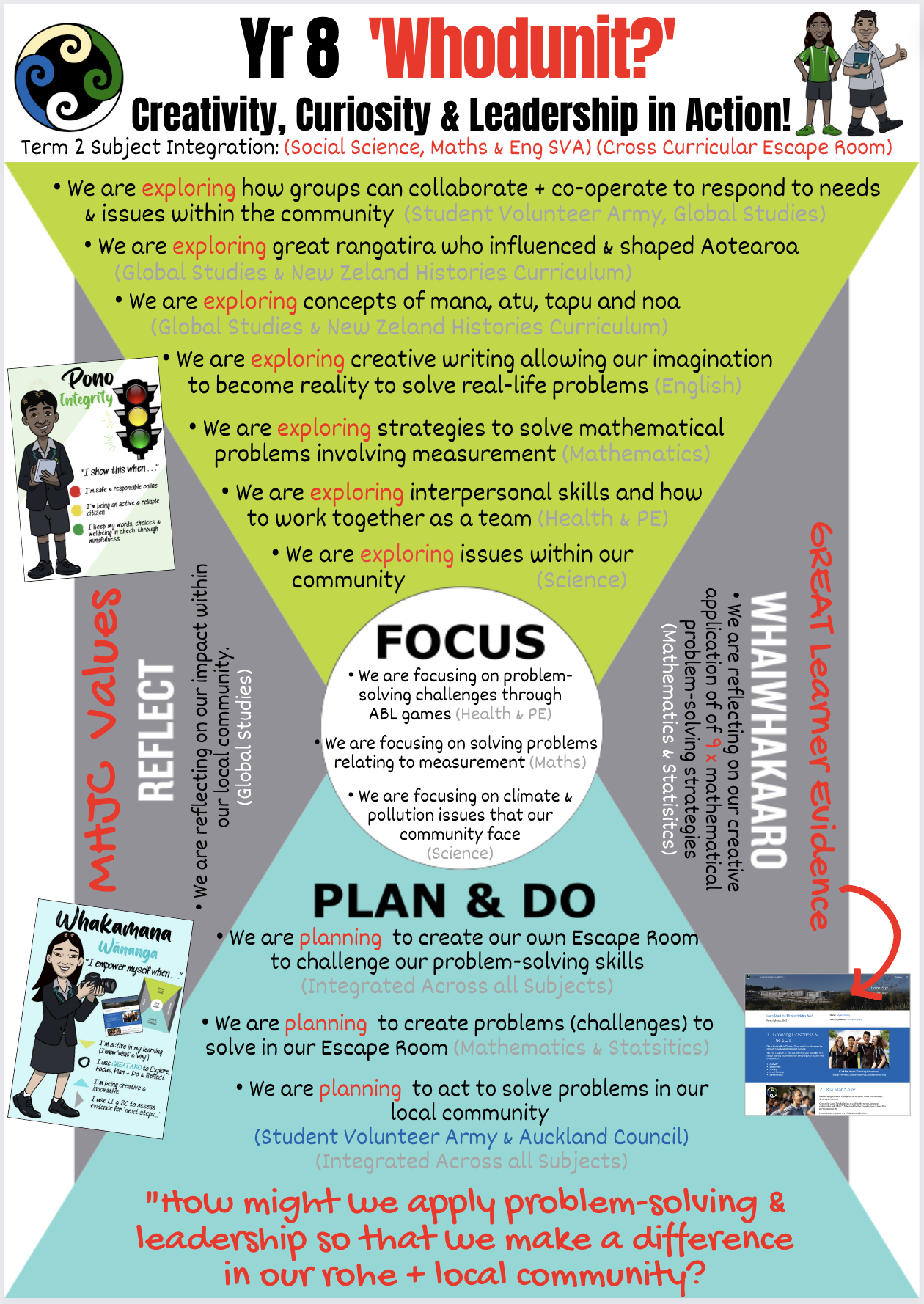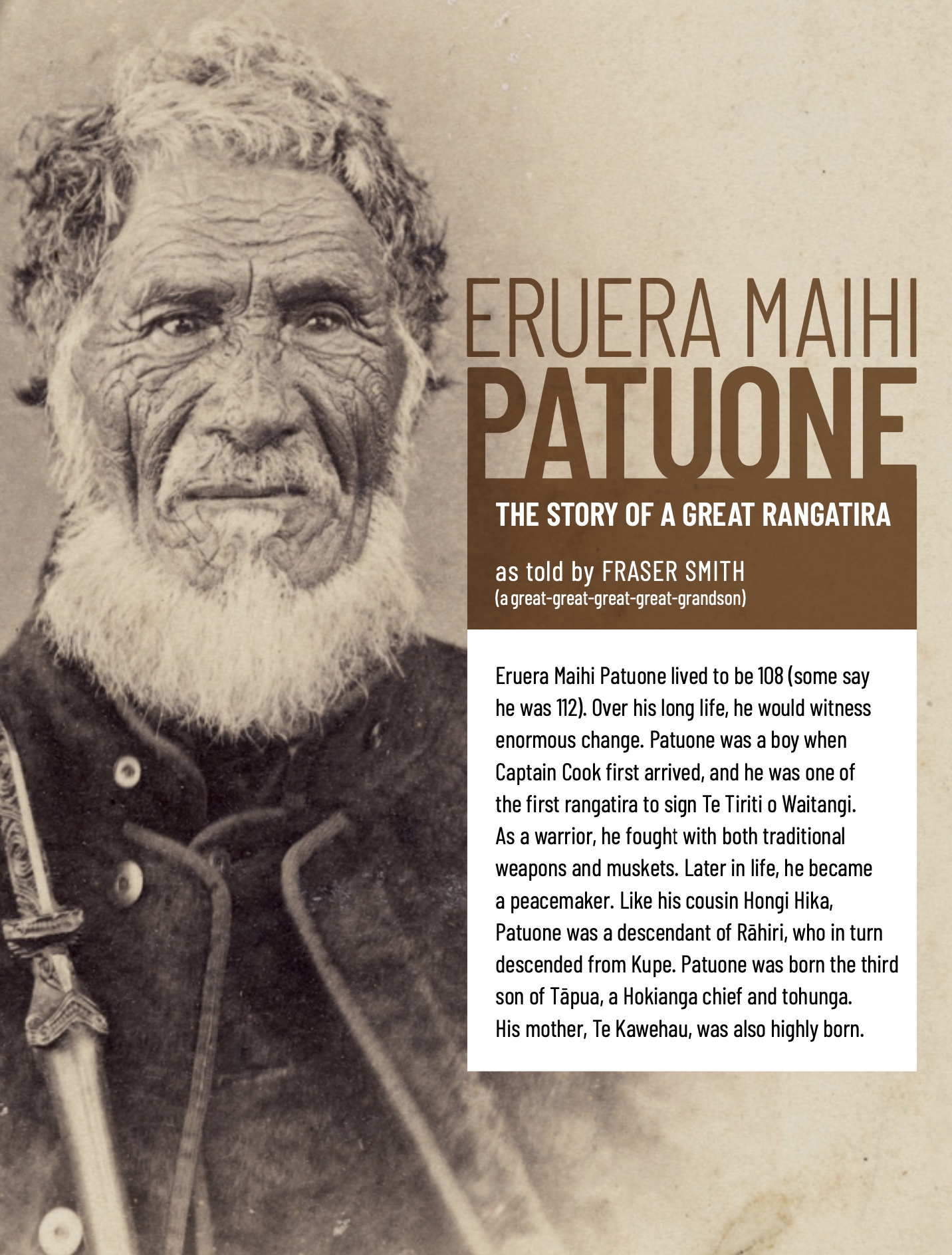Term 2: Week 1
Section outline
-

Kia ora! This week we are exploring the story of a great rangatira.
EXPLORE / TŪHURA learning intentions:
- We are EXPLORING people’s values, viewpoints, and perspectives, including my own
- We are EXPLORING how language and messaging can be used to inform, to misinform, and to position people alongside particular values and perspectives.
- We are EXPLORING relationships between events and identify continuity or changes in relationships.
- We are EXPLORING people’s actions in the past based on historical evidence and taking account of the attitudes and values of the times,
the challenges people faced, and the information available to them.
Authentic Outcomes: ‘Escape Room Challenge’
Theme: Resilience/empowerment/perseverance
Whakatauki: "I orea te tuatara ka patu ki waho."
Metaphorical: A problem is solved by continuing to find solutions
Literal: This whakatauki refers to the need for creative thinking, adaptability and perseverance. In order to solve a problem you need to have all of these.
Paearu Angitu (Success Criteria): I can...
• Locate information in a text
• Define key terms
• Examine values, viewpoints, and perspectivesHei Mahi (Activities):
2. In pairs, read the journal article: 'Eruera Maihi Patuone: The Story of a Great Rangatirau' attached as a pdf, below.
1. Eruera Maihi Patuone lived to be 108 (some say he was 112). Over his long life, he would witness enormous change. Patuone was a boy when Captain Cook first arrived, and he was one of the first rangatira to sign Te Tiriti o Waitangi. As a warrior, he fought with both traditional weapons and muskets. Later in life, he became a peacemaker. Like his cousin Hongi Hika, Patuone was a descendant of Rāhiri, who in turn descended from Kupe.
3. Discuss the Key Terms: ancestral wisdom, biography, Captain Cook, heritage, leadership, Musket Wars, New Zealand Wars, Northern War, power, rangatira, rangatiratanga.
4. In exercise books, write the short date, heading and full answers to a). Quick Find, b). Reading between the lines, and c). '50 Words'.

